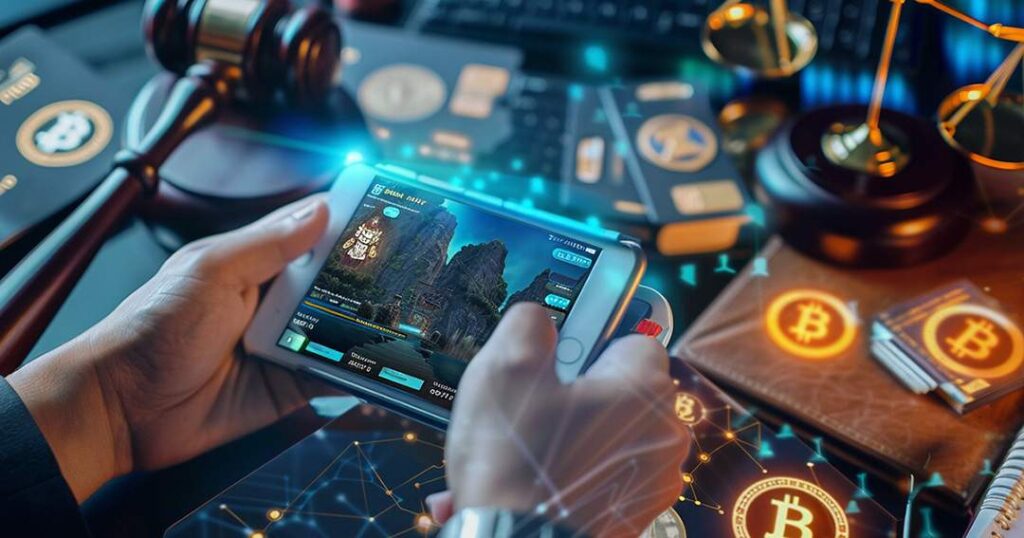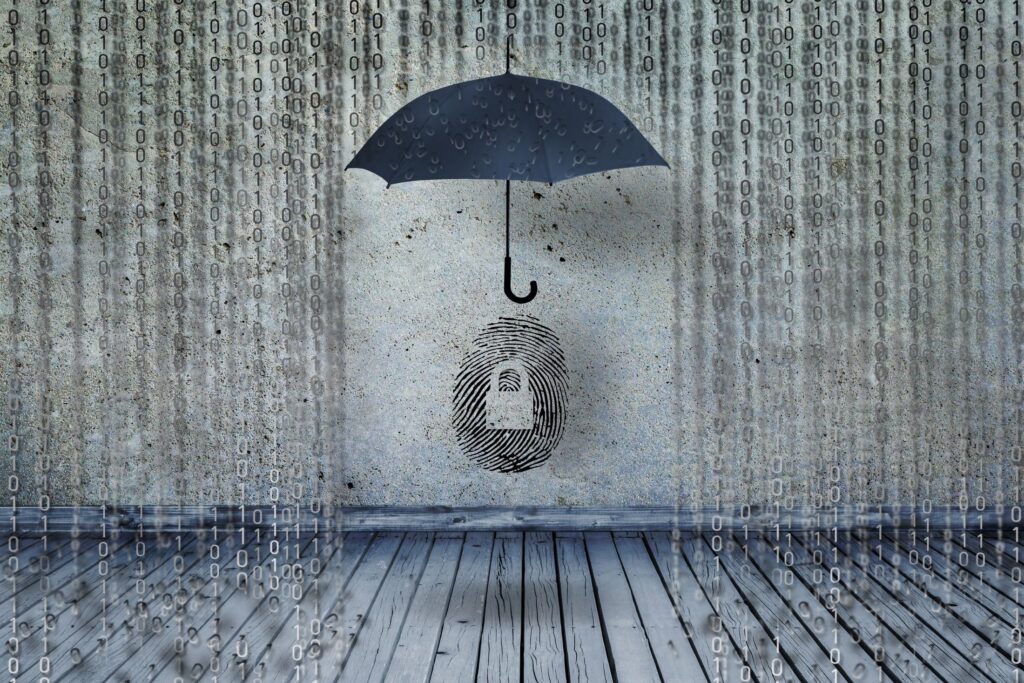Why Companies Enter the 'eSports' Industry and the Legal Barriers They Face

The esports industry has seen rapid growth in recent years.
In Japan, the popularity of esports is gradually increasing with many tournaments being held, and as the market expands, we are seeing cases of companies unrelated to gaming entering the esports industry.
This article will explain why companies that have no connection with the gaming industry are now considering entering esports, and discuss the legal challenges they currently face. If your company is considering entering the esports industry, please read on.
Reasons for Companies to Enter the e-Sports Industry
Simply put, companies unrelated to gaming enter the e-sports industry because it has a positive impact on their business. In this article, we will explain in detail the methods of investment and the objectives of companies entering the e-sports industry.
How Companies Engage with e-Sports
When companies unrelated to the gaming industry enter e-sports, the following methods are considered:
- Providing venues for competitions
- Funding competitions
- Becoming a sponsor of players or teams
As an example of providing venues for competitions, there have been cases where companies have provided venues for the League of Legends Japan League (LJL).
The League of Legends Japan League is the official Japanese league for the globally popular title, League of Legends.
Similar to providing venues for competitions, there are also an increasing number of companies providing funds for the operation of competitions. Notably, major electronics manufacturers, automobile manufacturers, and mega-banks are providing funding as sponsors for popular leagues and competitions.
Beyond this, companies that can continuously support e-sports may also become sponsors of specific players or teams.
Objectives of Companies Entering e-Sports

The main objective of companies entering e-sports is often for advertising and promotion. This is similar to other sports industries.
The core supporters of e-sports are said to be young people. Therefore, by supporting e-sports, companies can expect advertising and promotional effects, particularly among young people.
Furthermore, as e-sports are often broadcast online, it is pointed out that they have a high diffusion effect on the internet.
As mentioned earlier, there are several ways for companies to enter e-sports. Among these, companies that provide funding for competitions are currently prominent.
By providing funding for competitions, companies can advertise to the many people who attend the competition, and some companies may even provide their own products as prizes for the competition.
Moreover, providing funding for competitions is essentially a one-time investment.
Therefore, if you are considering entering as a test without knowing how much advertising effect you can expect, providing funding for competitions would be a good option.
In addition, famous players and teams have strong support from e-sports fans and can expect opportunities to appear in the media.
Therefore, signing a sponsorship contract with a specific player or team can also have a continuous advertising effect for companies.
When a company becomes a sponsor of a player or team, for example, they may have the company’s logo attached to the uniform when participating in competitions.
In fact, when becoming a sponsor, the contract will specify what kind of work the company wants the player or team to do.
Challenges for Companies Entering the eSports Industry
Although more and more companies are entering the eSports industry, it is still not a common practice. Therefore, it is crucial to thoroughly consider the legal risks when actually entering the eSports industry.
Legal Risks of eSports Itself

In Japan, it is said that the development of eSports has been delayed due to regulatory issues. The relationship with the Penal Code’s gambling offenses and the Act against Unjustifiable Premiums and Misleading Representations (Japanese Act against Unjustifiable Premiums and Misleading Representations) has been particularly viewed as a legal risk.
eSports and Gambling Offenses under the Penal Code
In eSports competitions, it is common to offer prize money to the winning players. In overseas eSports competitions, there are cases where the entry fee paid by the players for participating in the competition is used as the prize money. In this case, the more participants there are, the more the prize money, and the fewer the participants, the less the prize money.
However, under Japanese criminal law, using the entry fee directly as prize money could potentially constitute a gambling offense.
Generally, gambling involves participants contributing money or other property to compete, with the winner acquiring the property and the loser losing it. If the determination of winning or losing includes elements of chance, it may constitute a gambling offense under the Penal Code.
In the case of eSports, the outcome is primarily determined by the player’s skill, so it may seem that there is no element of chance. However, it cannot be definitively said that there are no elements of luck or chance involved. Therefore, it cannot be definitively stated that a gambling offense will not be established.
eSports and the Act against Unjustifiable Premiums and Misleading Representations
A frequently discussed issue regarding the regulation of eSports is the potential conflict with the Act against Unjustifiable Premiums and Misleading Representations. Specifically, there was a possibility that awarding prize money to players or teams in competitions could fall under the “premiums” under the Act against Unjustifiable Premiums and Misleading Representations.
However, the issue of conflict with the Act against Unjustifiable Premiums and Misleading Representations can now be said to have been cleared.
If it falls under “premiums” under the Act against Unjustifiable Premiums and Misleading Representations, the prize money limit is 20 times the game price or 100,000 yen. Therefore, before the issue with the Act against Unjustifiable Premiums and Misleading Representations was cleared, the operation was to avoid conflict with the Act against Unjustifiable Premiums and Misleading Representations by keeping the competition prize money below 100,000 yen.
However, if a “professional” player participates in a competition, the prize money can be considered as remuneration for work, so it was interpreted that it does not constitute the provision of “premiums” under the Act against Unjustifiable Premiums and Misleading Representations.
Therefore, for a while in Japan, only players who have received a professional license from the Japan eSports Union (JeSU) were able to receive high prize money.
However, recently, a representative of the Consumer Affairs Agency, which oversees the Act against Unjustifiable Premiums and Misleading Representations, indicated that a professional license is not necessarily a prerequisite.
Therefore, currently, if the competition itself has entertainment value and the prize money can be evaluated as remuneration for performance in the match, it is organized that high prize money can be received even without obtaining a professional license.
For more detailed explanation on the relationship between eSports and the Act against Unjustifiable Premiums and Misleading Representations, please refer to the following article.
https://monolith.law/corporate/e-sports-precautions-organizer[ja]
Legal Risks for Companies Entering the Industry
As a company entering the eSports industry, it is necessary to understand that there are legal issues with eSports itself as explained above. If a competition becomes a social issue due to violation of regulations, there is also a risk of damaging the brand value of the sponsoring company.
Also, since eSports itself is still a new field, it is important to choose a lawyer familiar with the digital field when consulting with an external lawyer.
In addition, as an individual issue when entering, it is necessary to thoroughly consider the contents of the sponsorship contract.
For details on the checkpoints when a company concludes a sponsorship contract with a player (player) or team, please refer to the following article.
https://monolith.law/corporate/points-e-sports-contract[ja]
Another personalityistic of eSports is that the core players are skewed towards younger age groups such as high school students.
Therefore, when concluding a sponsorship contract with a minor player, it may be necessary to obtain consent from the legal representative (parents, etc.), and special consideration may be required for contract conclusion operations.
Summary
The Japanese government has begun to seriously promote the spread of e-sports.
There is no doubt that it will be an attractive market for companies outside the gaming industry in the future. However, as there are still few companies entering the market and few case studies accumulated, it is essential to consider legal risks when actually entering the e-sports industry.
Even when consulting with an external lawyer, we recommend consulting with a lawyer who is knowledgeable about the gaming industry and the digital field, and who is actively involved in e-sports.





















